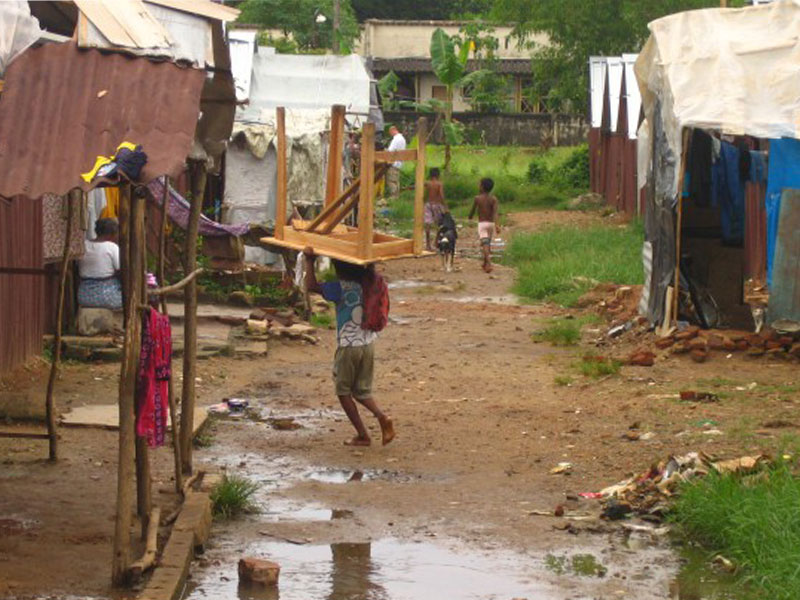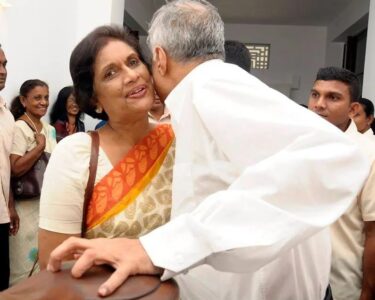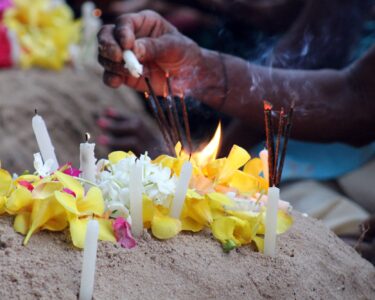In 2022, Sri Lanka was downgraded to a lower-middle-income country by the World Bank. This means that the country’s GNI per capita (gross national income per capita) fell below $1,045. This is a significant setback for the country, as it means that it will now have to rely on concessional loans from international organizations to finance its development projects.
Sri Lanka has been allocated $495.6 million in interest-free budget support loans from the World Bank. Additionally, the World Bank has committed $196.3 million to social protection programs, with an interest rate of 1.25%, service fee of 0.75%, and commitment fee of 0.5%. These loans are repayable in 30 years, with a 5-year grace period.
These loans are part of a broader effort by the World Bank to support Sri Lanka’s economic recovery. However, the country’s prospects for long-term growth remain uncertain. The country’s debt is unsustainable, and its government is struggling to implement the reforms necessary to get the economy back on track.
If Sri Lanka does not get back on track, it will have to rely on doles and concessions from the international community, but that will not last forever. The country could eventually be written off by the international community.
President Ranil Wickremesinghe recently addressed local politicians at Matale and said that “if we don’t get things correct this time the next round will be much worse.” There could be little dispute of the accuracy of his statement.







